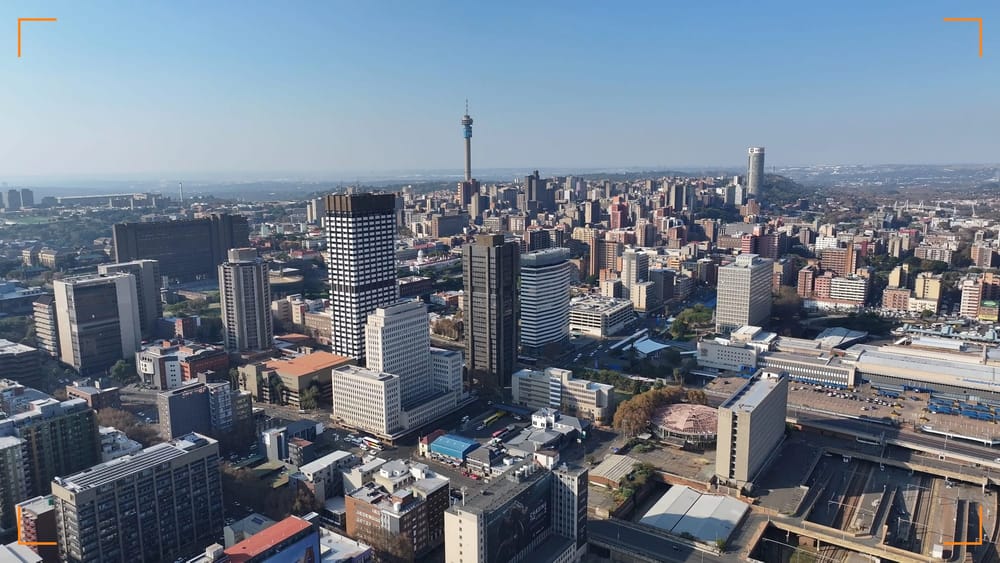
Report Details
Initial Publish Date
Last Updated: 26 AUG 2025
Report Focus Location: MENA
Authors: AA, FZ, SO
Contributors: GSAT
GSAT Lead: MF
RileySENTINEL provides timely intelligence and in-depth analysis for complex environments. Our global team blends international reach with local expertise, offering unique insights to navigate challenging operations. For custom insights or urgent consultations, contact us here.
Report Summary
- Israel-Gaza Conflict & Regional Spillover: Tens of thousands protested across Israel demanding a ceasefire and hostage release, while escalating clashes with Houthi forces — including drone and missile attacks — heighten the risk of multi-front conflict and disrupt regional stability.
- Lebanon-Hezbollah Disarmament Talks: On August 31, Lebanon would present a disarmament proposal for Hezbollah, linked to Israel’s potential military withdrawal from southern Lebanon. Hezbollah’s rejection of parallel measures signals a high likelihood of continued instability along the border.
- Syria-Israel U.S.-Brokered Mediation: U.S.-mediated talks in Paris yielded initial agreements on regional de-escalation and reviving the 1974 disengagement accord, but Israeli strikes on Hezbollah assets and disputed territories undermine prospects for sustained progress.
- Yemen Security & Migration Pressures: Israeli airstrikes on Houthi-controlled energy infrastructure intensified after the group launched munitions toward Israel, deepening operational and humanitarian challenges. Additionally, a migrant boat capsized off Abyan, killing 68 people, underscoring worsening maritime safety and migration risks.
- Iraq Water Crisis & U.S. Transition: Iraq faces its worst drought since 1933, threatening agriculture, livelihoods, and operational continuity, particularly in Basra. Simultaneously, the U.S. is transitioning its military role from combat operations to advisory support, potentially improving Iraq’s security capacity in the medium term.
- Libya Energy Sector Developments: Libya’s National Oil Corporation signed a memorandum of understanding with ExxonMobil, marking the U.S. energy giant’s return after a decade-long hiatus. While the deal signals renewed investor confidence, Tripoli’s fragile security environment and political fragmentation remain significant risks.
- Tunisia Labor Unrest Risks: Tensions between President Kais Saied and the General Labour Union (UGTT) escalated, with protests scheduled in response to perceived attacks on union rights and labor influence. Rising domestic unrest could disrupt transportation, supply chains, and public services.
- Sudan Parallel Governance Crisis: The Rapid Support Forces (RSF) announced a parallel government in Darfur-controlled areas, deepening territorial fragmentation and undermining prospects for a negotiated resolution, while increasing security risks for humanitarian actors.
Remaining content is for members only.
Please become a free member to unlock this article and more content.
Subscribe Now







